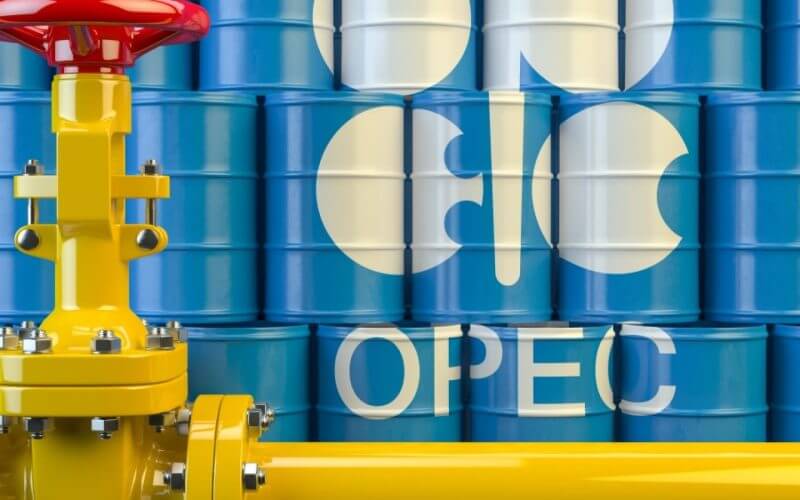As oil prices in the United States maintain steadiness, the recent warning from Saudi Arabia Monday that the Organization of the Petroleum Exporting Countries (OPEC+) could cut production sparked a rally in oil prices.
According to analysts, the Saudi Arabian government's words were deliberate as threats to the Kingdom's revenue loom large.
In Riyadh, Prince Abdulaziz bin Salman stated that OPEC+ could potentially trim its oil output as a "false sense of security," given the lack of liquidity and the disconnect of fundamentals, as spare capacity remains tight, and the chance of severe disruptions remains high. Reports also indicated that several OPEC+ members, including Saudi Arabia, would back a production cut of Iranian oil if Western and Iranian officials revived the 2015 nuclear agreement.
In response to the recent warning from Saudi Arabia and OPEC+, the international oil benchmark, Brent crude, rallied to climb back above $100 per barrel after slumping for several weeks in the market amid fears of an economic recession and signs of a new Iranian nuclear deal.
Many analysts believe that Saudi Arabia is trying to keep oil prices high for the Kingdom to obtain enormous amounts of revenue. Analysts familiar with the oil markets see that uncertainty has boosted prices, something that Saudi Arabia is looking to do while also appearing more concerned about an economic recession, resulting in decreasing oil prices.
For countries like the U.S. and Iran, higher oil prices could be a threat as they attempt to revive an agreement that hopes to prevent Iran from acquiring a nuclear weapon while allowing the regime to sell its oil in the international markets. Experts believe that allowing Tehran to sell its oil, an estimated one million barrels a day, could ease the global tightness as many European countries look to impose a partial ban on Russian crude oil by winter.
Since coming into office, the President and his energy officials have enacted a campaign to reverse the Trump administration's energy independence campaign. The President and his team have canceled oil drilling permits and enacted harsh regulations on America's energy sector while pushing hard for green energy policies on ordinary Americans. As a result of the administration's actions, the price of cars as well as gas have increased significantly in the U.S.
In response to the outrage and concern from many Americans, the President has sought to rely on Saudi Arabia and OPEC+ to increase oil output to mitigate soaring prices at home and the economic recession. Many European countries are also in the same boat as the U.S., calling on oil-rich nations to pump more oil so that their economies can stay afloat.
As ongoing talks in Vienna between American and Iran officials continue, the Saudi government worries that an agreement with Iran will allow the mullahs to have monetary resources to support its terrorist proxies in the region, threatening the Kingdom's security. With the 2022 midterm elections coming up soon, the President and his team hope that a nuclear agreement with Iran will allow the U.S. to purchase oil from Tehran, easing the economic tensions in the country. However, many national security analysts continue to warn the administration that such an agreement will allow Tehran to acquire a nuclear weapon and obtain funds from the international market to stoke terrorism against Americans and allies in the Middle East.
The warnings and efforts by Saudi Arabia to keep oil prices high would conflict with the U.S. attempts at bringing down crude oil as the President and his administration try to figure out ways to tackle high gas inflation. With a nuclear deal growing closer, Saudi Arabia is attempting to persuade the U.S. and its Western allies to block Iran from selling its oil supply, moving the geopolitical needle in its favor.









